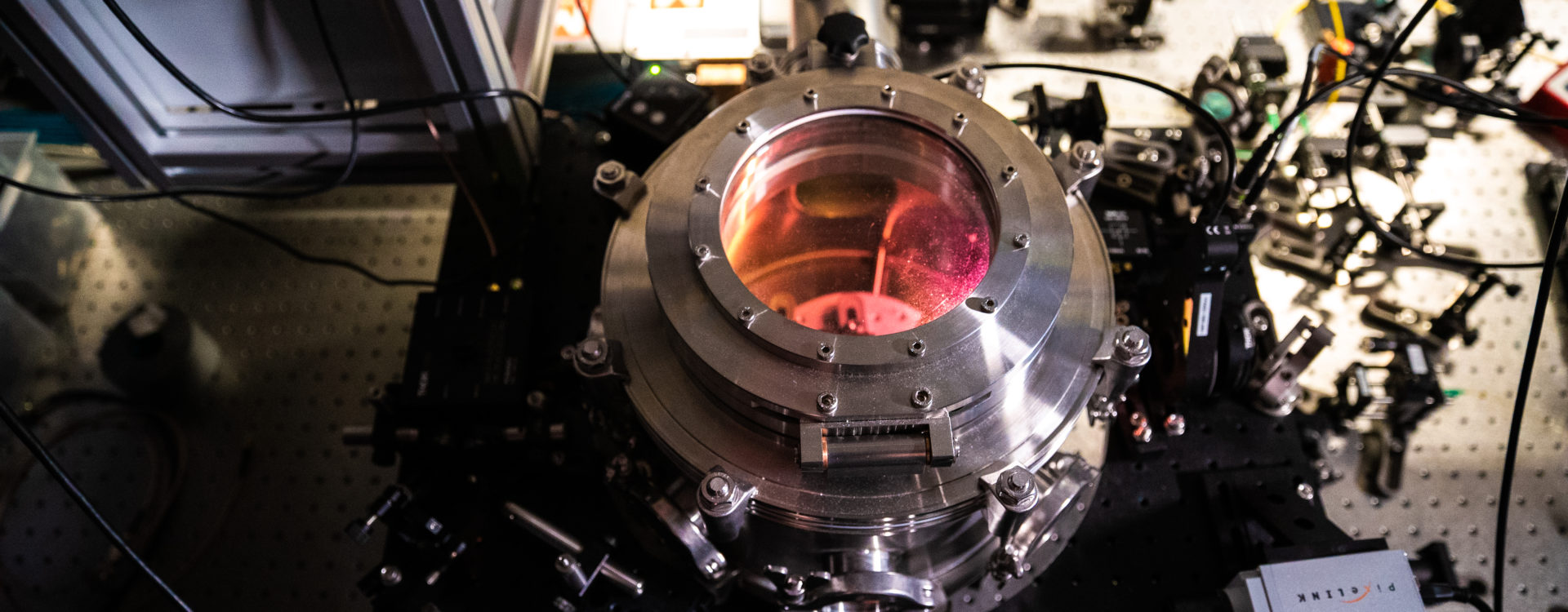Quantum Australia highlights why we need to build our quantum workforce
Professor Peter Turner, CEO of Sydney Quantum Academy, discusses the need to boost Australia’s talent pipeline following the Quantum Australia 2022 conference.

Australia’s quantum technology industry is fast developing, with governments, investors and companies recognising its potential to revolutionise almost every sector, from finance and healthcare to transport and mining.
But to ensure the industry’s continued growth and longevity, we must focus on building a quantum-ready workforce along the entire education pipeline.
That was one of the key insights shared by a number of speakers and panellists including Australia’s Chief Scientist Dr Cathy Foley at the Quantum Australia 2022 Conference and Careers Fair hosted by Sydney Quantum Academy (SQA) on February 23-25. The online and in-person event attracted over 800 investors, government and industry decision makers, researchers, educators and students.
While Sydney has built a decades-spanning legacy in quantum research and is currently a global hotspot of quantum technology expertise, Dr Foley told Quantum Australia delegates the number of students in New South Wales studying physics for their HSC fell by more than 10 per cent in 2021 after remaining steady for several years. This worrying drop signifies that more needs to be done to boost the number of students taking STEM subjects. Fewer STEM graduates could ultimately lead to fewer quantum-ready workers in the talent pipeline.
As IBM’s Aggie Branczyk explained at Quantum Australia, introducing school students to quantum technologies could be an entry point to the wider world of STEM. Quantum concepts have often been considered too complex to introduce early in STEM education. However, the growing fascination in quantum science and technology, buoyed by frequent references in sci-fi and fantasy movies, could see quantum act as an effective ‘trojan horse’ for stimulating interest in all STEM disciplines. Building quantum skills and knowledge requires an understanding of several subjects, including physics, computing, mathematics and engineering. In addition to increasing participation in STEM, early education about quantum technologies can inspire school students to join Australia’s quantum workforce down the track.
SQA is already working to bring quantum technology into schools. In January this year, SQA joined forces with Qubit by Qubit to host an online summer camp in quantum computing for high school students and recent school leavers. With support from IBM Quantum, the program introduced students to the fundamentals of quantum computing, including algorithms and protocols such as quantum key distribution. They also learned about the real-world applications of quantum technologies and quantum career opportunities from leading experts at SQA’s four partner universities (Macquarie University, UNSW Sydney, University of Sydney and University of Technology Sydney).
The quantum industry will require workers with diverse skillsets as it matures, such as data scientists and software programmers. Some companies are already taking steps to retrain professionals in quantum to help broaden the talent pool. For instance, Sydney startup Q-CTRL spoke about Black Opal, an interactive online learning platform for anyone interested in learning more about quantum technology.
But while training non-quantum professionals is important, over 60% of recent quantum roles advertised globally still require PhDs. With the worldwide shortage of quantum PhD graduates, this poses a huge challenge to growing our workforce. The need for more graduate level students with the skills and knowledge to tackle big challenges in quantum technology, such as quantum error correction and fault tolerance, was echoed during discussions at Quantum Australia.
Equipping students with the right technical skills is essential, but there also needs to be a focus on building greater awareness of the career paths available outside of academia. This could include developing internship programs to help PhD students build industry experience and make connections with companies before they graduate. SQA is already working with several industry players to facilitate internships including Xanadu, PsiQuantum and KPMG. Big tech companies like IBM and Amazon Web Services are also providing tools and platforms for students and researchers who want to learn more about quantum concepts, and Google announced its plans at Quantum Australia to offer grants to Australian quantum researchers.
Over the past two years, SQA has awarded close to $7.2 million in scholarships to 140 PhD and undergraduate students with the potential to become movers and shakers in Australia’s quantum workforce. Recipients of the PhD scholarships pursue their studies at SQA’s partner universities and gain access to the SQA PhD Experience program, which includes courses, seminars, and workshops to help develop their research and career. The program recruits internationally, and the next round of SQA PhD scholarships will open next month.
While there are still hurdles Australia needs to overcome to become a global quantum industry leader, we have the talent to start building a quantum-ready workforce. We need to equip students and professionals with the right skills and knowledge today to ensure that our quantum industry flourishes tomorrow.
Hosted by SQA, the Quantum Australia 2022 conference and careers fair (23-25 February 2022) featured over 60 speakers and 19 presentations and panels including a ‘Developing the future quantum workforce’ panel focused on the quantum talent pipeline. If you missed out on the live event, you can still register to access all recorded sessions on-demand until 30 April.
Author: Professor Peter Turner | 17 March |